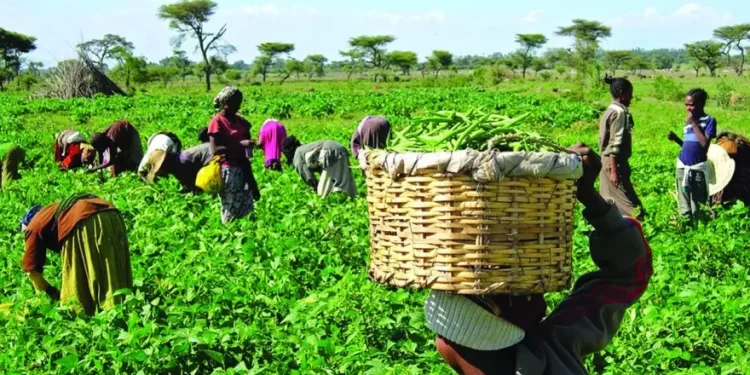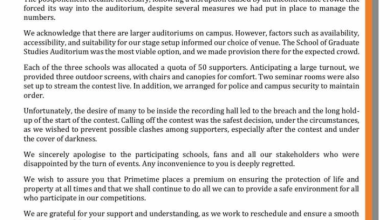News
Farmers threaten to boycott 2025 Farmers’ Day celebrations

A coalition of major agricultural organisations in Ghana has announced a nationwide boycott of the 2025 Farmers’ Day celebrations, citing worsening conditions in the country’s food production sector and what they describe as ongoing government neglect.
Described by farmer leaders as “a united stand for survival,” the boycott includes rice and maize producers, millers, input dealers, mechanisation service providers, and multiple agribusiness associations across the country. This marks the first time in Ghana’s history that such a broad alliance of farmers has opted to shun the national celebration.
In a joint statement, the coalition expressed deep frustration with the government’s failure to fulfil promises to purchase locally grown rice and maize through the National Food Buffer Stock Company (NAFCO). The Ministry of Food and Agriculture had pledged on September 23, 2025, that NAFCO would buy all locally produced grains. However, farmers insist that no such purchases have occurred, leaving thousands of tonnes of produce unsold.
The coalition also accused the government of allowing local markets to be flooded with cheap, expired, and smuggled imported rice, often repackaged by politically connected groups. These imports, they claim, evade taxes and undercut Ghanaian farmers, pushing many into financial distress.
Recent data highlight the scale of the crisis. Over 200,000 metric tonnes of paddy rice from the 2024 harvest remain unsold in warehouses across the Upper East, Northern, and North East Regions. Projections under the National Rice Development Programme suggest Ghana’s 2025 rice harvest could reach 1.5 million metric tonnes, up from 1.3 million in 2024, yet storage facilities are already overflowing.
Regional estimates include: 300,000 metric tonnes from the Upper East, 400,000 from the North East, 300,000 from the Northern Region, 50,000 from the Savannah, 20,000 from the Upper West, and 100,000 from the Volta Region—most of which remain locked in warehouses with no buyers.
The coalition is calling on the government to stabilise the agricultural sector, demanding a temporary suspension of all rice imports for six months starting November 2025, stricter border enforcement, and the development of a long-term import strategy aligned with local production. They are also urging public institutions—including schools, hospitals, prisons, and security agencies—to purchase exclusively Ghana-grown rice and maize.
In addition, farmers are demanding that the Ministry of Finance release funds to NAFCO to purchase surplus grain, and they propose a guaranteed minimum price for rice and maize to protect producers from market manipulation.
The coalition stressed that the boycott is not an attack on the spirit of Farmers’ Day but a call for fair policies and meaningful support.
“This is not about rejecting recognition. It is about demanding respect through fair policies. We cannot celebrate while our livelihoods collapse,” the statement read.
The boycott is supported by several major organisations, including the Association of Rice Producers and Millers, Chamber of Agribusiness, Association of Soya Value Chain Actors, Peasant Farmers Association of Ghana (PFAG), Ghana National Association of Farmers and Fishermen (GNAFF), General Agricultural Workers Union (GAWU), CropLife Ghana, Ghana Rice Inter-Professional Body (GRIB), National Seed Trade Association of Ghana (NASTAG), Millers and Processors Associations, Traders and Market Women Associations, and the Association of Parboiled Rice Millers.
Source:FiilaFmonline/Adomonline


